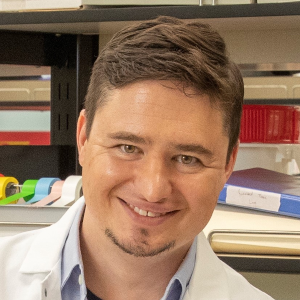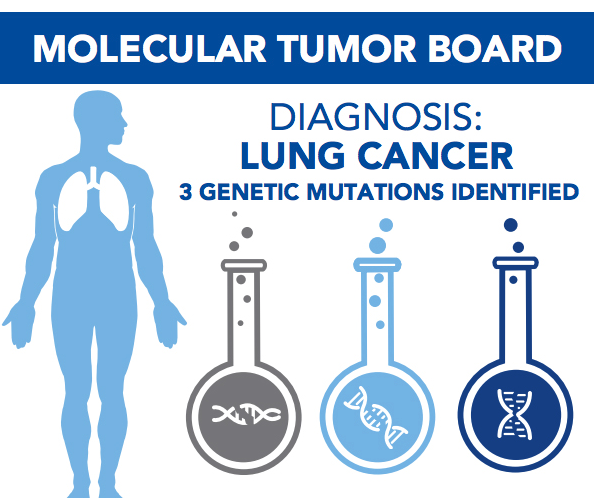Biography
Dr. Piening’s laboratory focuses on bench-based and computational methods for generating and integrating extensive multi-omic profiling datasets with medical imaging and clinical parameters. He has applied this work to the study of immunotherapy responses in cancer as well as in several recent large-scale projects including the Human Microbiome Project and the NASA Twins Study. Prior to joining Providence, Dr. Piening performed his postdoctoral training in Mike Snyder’s laboratory at Stanford University and holds a PhD in Molecular and Cellular Biology from the University of Washington and Fred Hutchinson Cancer Research Center.
Session Abstract – PMWC 2020 Silicon Valley
The Molecular Tumor Board (MTB) was mostly established to facilitate the incorporation of molecular diagnostics into the consideration of appropriate therapies for patients with late stage cancer. Initially, much of the deliberation was focused on understanding the results of such testing, as reporting of results was limited in scope and frequently understandable only to cutting edge experts in the field. Improved, but still not perfect, reporting now exists, so discussion has shifted to prognostic and therapeutic considerations. That said, the collective experience with rare mutations and off label therapies is still such that collective wisdom is necessary. This brings up the issue of how MTBs collect, share, and preserve data within a specific MTB, and perhaps more importantly, how it might be shared amongst MTBs and beyond. While initial activity related to MTBs resided almost exclusively in large academic, and select community, medical centers, there is now significant effort in the commercial setting as well, with a number of intriguing efforts presently underway. Important and evolving issues, such as defining which patients are most likely to benefit from the efforts of a MTB, Virtual MTBs, and the generation of Real World Evidence, will be discussed.









